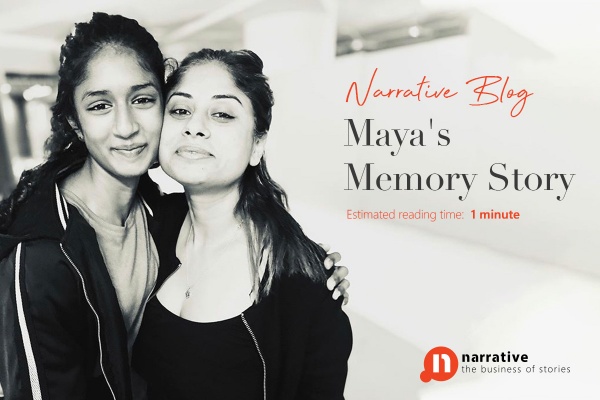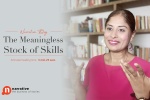I was observing my 12-year-old daughter Maya incessantly memorise facts about the Opium war, and I was quick to say, “What for ?”
I am a believer of what Seth Godin said, “Anything that can be looked up is not worth memorising.” Maya can easily look up such facts when she needs them.
But I was wrong. Yes, she may not need to memorise the factual content but the process of memorising information has its nuanced advantages that are unknown to many.
In his book Mastery, Robert Greene advocates developing memory capacity as one of the most important skills to be developed, especially in our technologically oriented environment. Technology has increased the amount of information at our disposal but has also slowly degraded the power and ability of our memory to retain information.
Due to low memory capacity, we forget information. As a result, we are not able to make connections and cross pollinate ideas from various fields.
Here is the story of Yoky Matsuka, which tells us what mastery looks like when skills and ideas cross pollinate.
So, the next time you see your child memorising something, don’t make the mistake I made … the process of memorisation has its rewards and benefits that are reaped only by the masters.
"I attended your story telling course some time back. And I've enjoyed keeping up my knowledge with your blog. You may not have realised however, that the Whole of Government is implementing Internet Seperation. Hence I'm not able to access the links to read your articles. Could I suggest including a QR code in your emails so that I can use my mobile to scan it and gain immediate access to the article? It would be most helpful"










